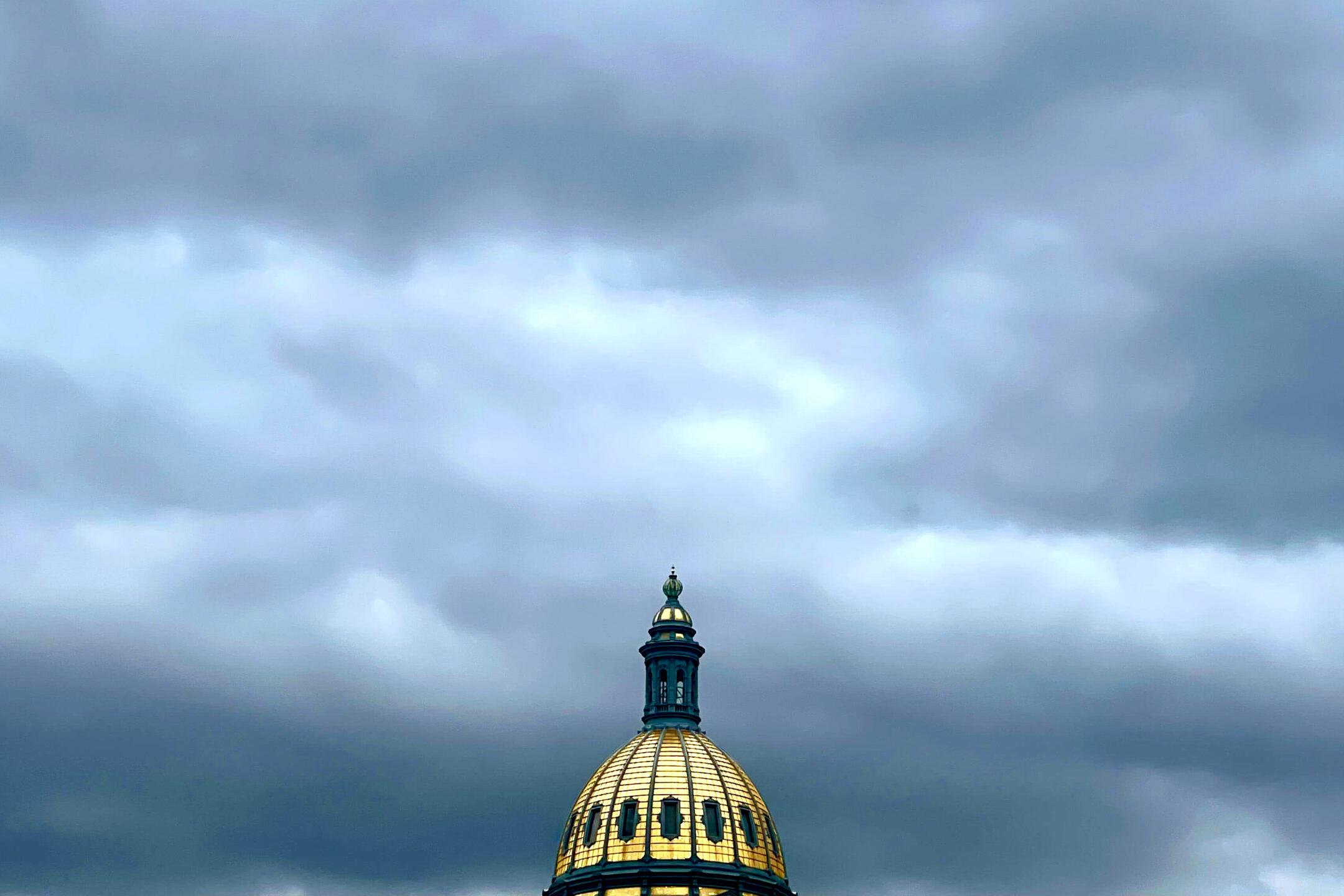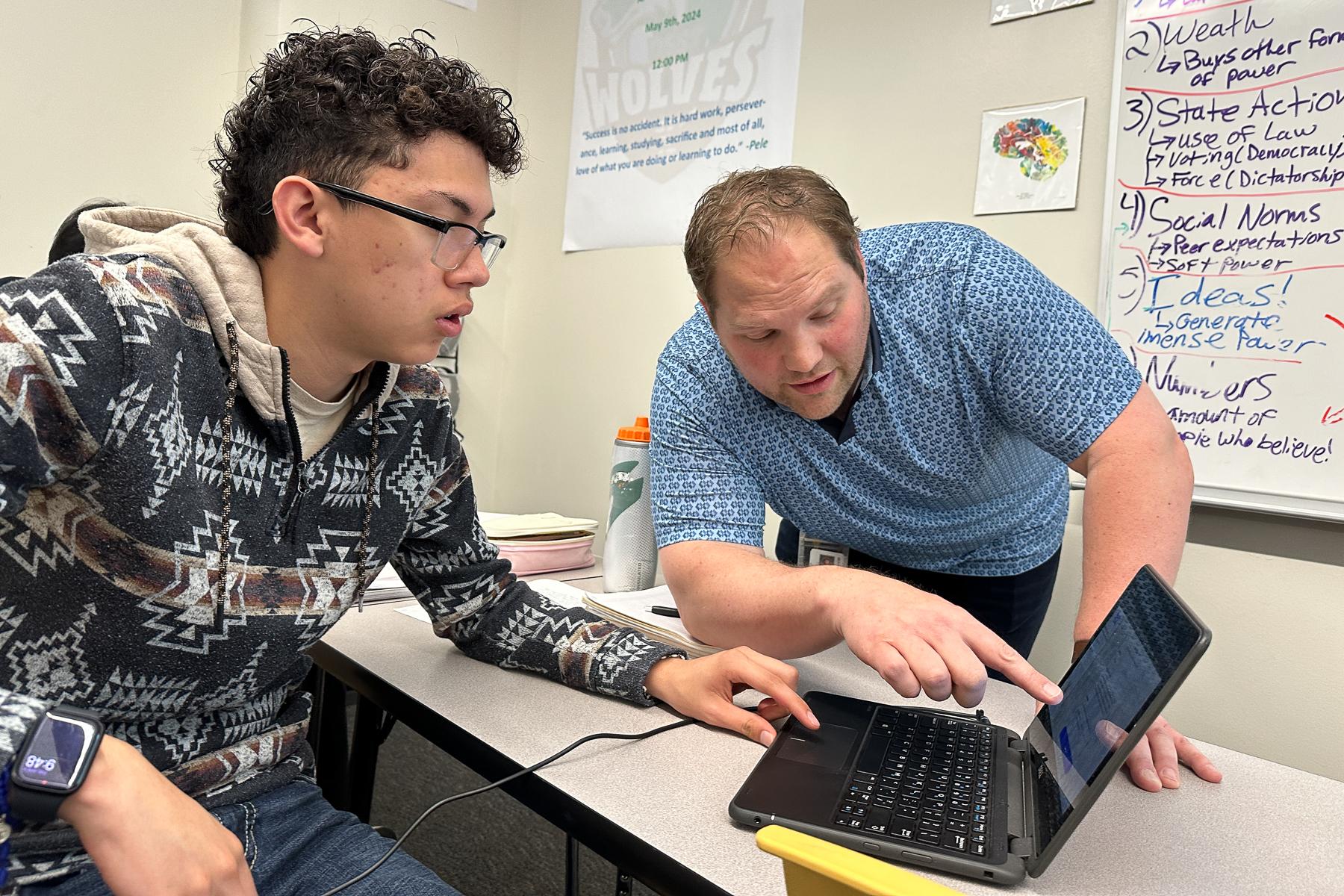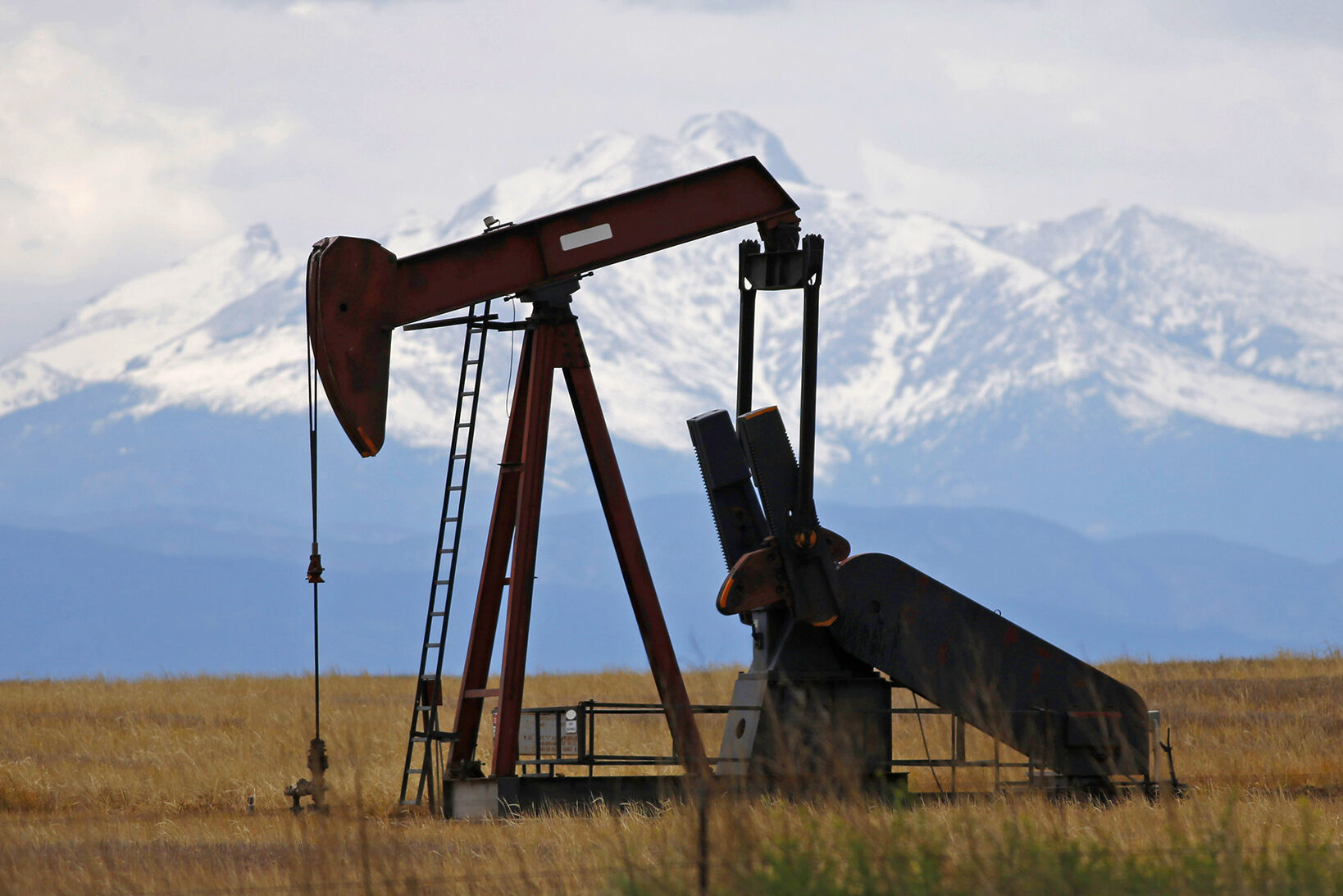Wildfires leave a scar on the land, but they can also leave a long-lasting impression with tourists. That’s certainly what the state found after the intense fires and drought of 2002. This time around, tourism promoters are doing all they can to bounce back faster, but for areas near this year’s most destructive fire, that’s proving difficult.
Also, host Ryan Warner wraps up our Scorched Summers series by talking with producer Megan Verlee about what Coloradans can expect from the weather in the coming months, and the climate in coming decades.
Find all the stories in our “Scorched Summers” series here
The following is a transcript of Megan Verlee's report:
Reporter Megan Verlee: For many in Colorado’s $15 billion tourism industry, the summer of 2002 came down to a single sentence uttered by then-governor Bill Owens: "It looks like all of Colorado is on fire," he said.
Roger Miller: “Tourism overall for the state of Colorado dropped significantly.”
Bill Dvorak: “We basically didn’t get another call the rest of the summer."
Sallie Clark: “It was devastating to us. People were cancelling reservations right and left."
Reporter: That was Roger Miller with the Manitou Springs Chamber of Commerce, rafting company operator Bill Dvorak, and Colorado Springs B&B owner Sallie Clark. Clark is also an El Paso County Commissioner. We talked after a press conference in early days of the Waldo Canyon Fire last month, as she was watching history repeat itself.
Clark: "We already had several cancellations for people several months out. We’ll just have to deal with it, because it’s obviously something that’s a big concern for us."
Reporter: With Owens’ infamous phrase still echoing in people’s minds a decade later, officials are watching their words this summer. In the first days of the Waldo Canyon Fire, Governor John Hickenlooper tried to keep things in perspective.
Gov. John Hickenlooper: "We having burned now less than one percent of 23 million acres that we’ve got in national forests and in national BLM land. So it’s a very small percentage."
Reporter: But in the places that have suffered fire this summer, tourism companies are still feeling the pinch. The historic El Paso county town of Manitou Springs was evacuated during the Waldo Canyon Fire. A month later, tourists are strolling the streets again, but not in their usual numbers.
Teva Reese: "Pretty much any day in the summer we have a line out the door for ice cream and people buying chocolate. Every once and awhile there’s a line out the door, but it’s definitely nowhere near as busy as it normally is."
Reporter: Teva Reese works at the Pikes Peak Chocolate and Ice Cream Company. She says the one group they are seeing more of is locals - people from Denver and Colorado Springs.
Reese: "We’ve had a lot of people that have told us specifically that they were here to help Manitou out, which means a lot. We really love that support from the community."
Reporter: Those local shoppers may be boosting ice cream and tchotchke sales, but they haven’t done much for hotel occupancy, which is a big part of the town’s tax base. Roger Miller with the Manitou Springs Chamber of Commerce says he knows of nearly a dozen businesses on the rocks and some that are likely fold because of the fire. For him, this is starting to look like a grim replay of 2002.
Roger Miller: "Economically it took two years for Manitou Springs to recover, and we weren’t even near the fire."
Reporter: The fire that time was the Hayman, thirty miles away. Miller says no one realized then how long Colorado’s fiery images would linger in visitors’ minds.
Miller: "They waited too long, they didn’t realize there would be a long-term impact. And that’s the other thing we’re working on is the long-term impact of helping these small businesses weather the winter."
Reporter: Colorado’s Congressional delegation has asked FEMA to make disaster loans available for businesses in Manitou Springs and other communities hurt by this summer’s wildfires. In the war of public perception, one big difference between this year and 2002 is social media. Miller says Facebook and Twitter were useful during the fire for immediate updates, but afterward...
Miller: "we still had people posting pictures of the fire, and people from around the country who were looking to see what was going on in Manitou kept seeing pictures of the fire. So it actually worked against us."
Reporter: Tourism officials are now trying to turn that around. This week, the Colorado Tourism Office launched a new initiative called Share the Love, urging Colorado residents and visitors to become viral marketers for the state. Tourism Director Al White:
Al White: "Visit these fire-impacted areas, take pictures, upload some narrative about what a great time they had at Garden of the Gods or in Rocky Mountain National Park or whatever the attraction is, and share it with their friends."
Reporter: White says his office is worried about helping places like Manitou Springs pull through. But statewide,the picture is rosier. He says summer tourism is doing well, possibly because heatwaves across the country are driving people to higher altitudes. So unlike in 2002, it looks like several weeks of fiery headlines this year may not have blackened the entire tourist season.









